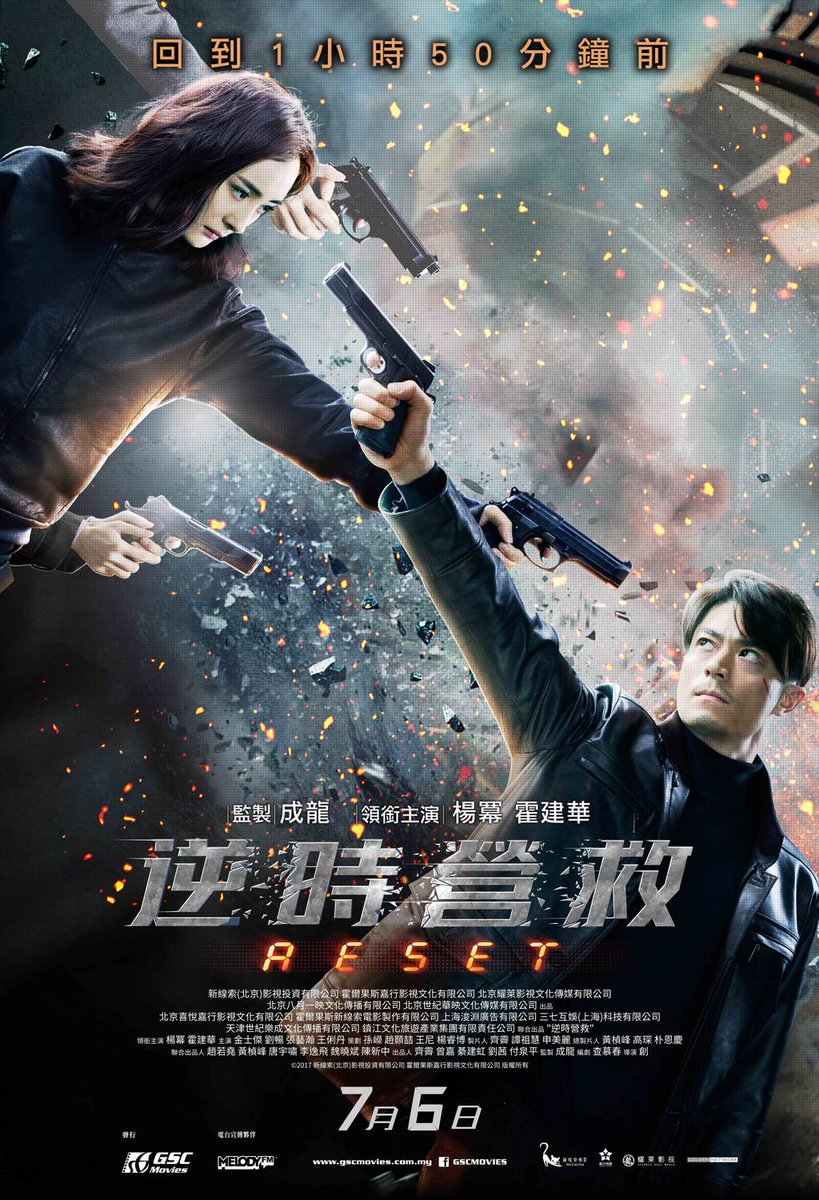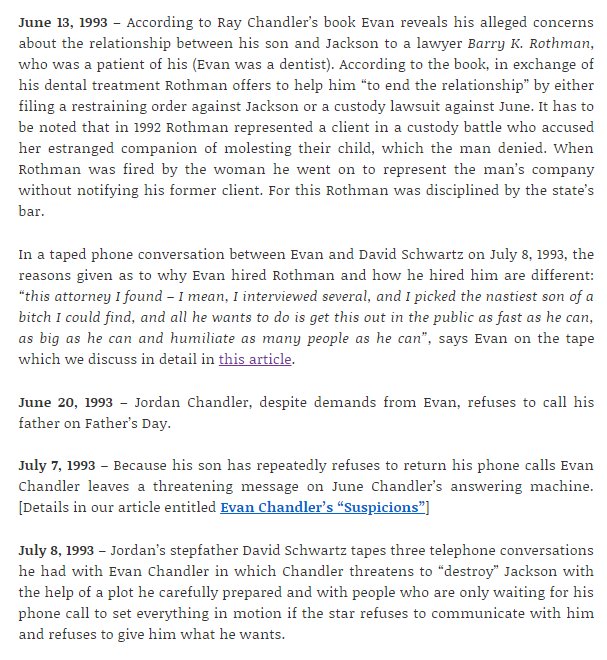Or if you can't NOT watch a film just because it has no subtitles (inconsequential detail), like me. 😁
asianfilmstrike.com/2015/12/23/imp…




Get real-time email alerts when new unrolls (>4 tweets) are available from this author!
Twitter may remove this content at anytime, convert it as a PDF, save and print for later use!

1) Follow Thread Reader App on Twitter so you can easily mention us!
2) Go to a Twitter thread (series of Tweets by the same owner) and mention us with a keyword "unroll"
@threadreaderapp unroll
You can practice here first or read more on our help page!



